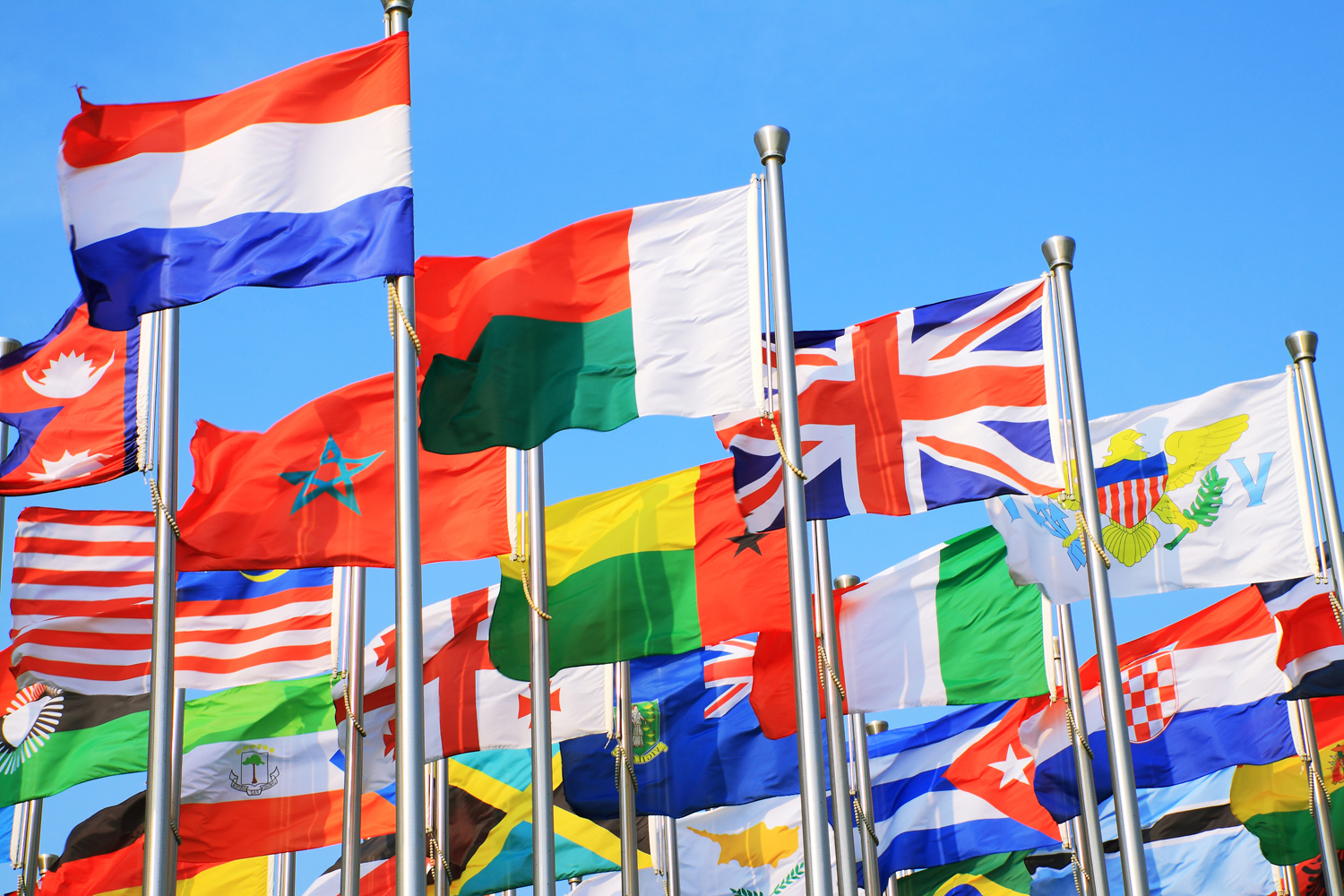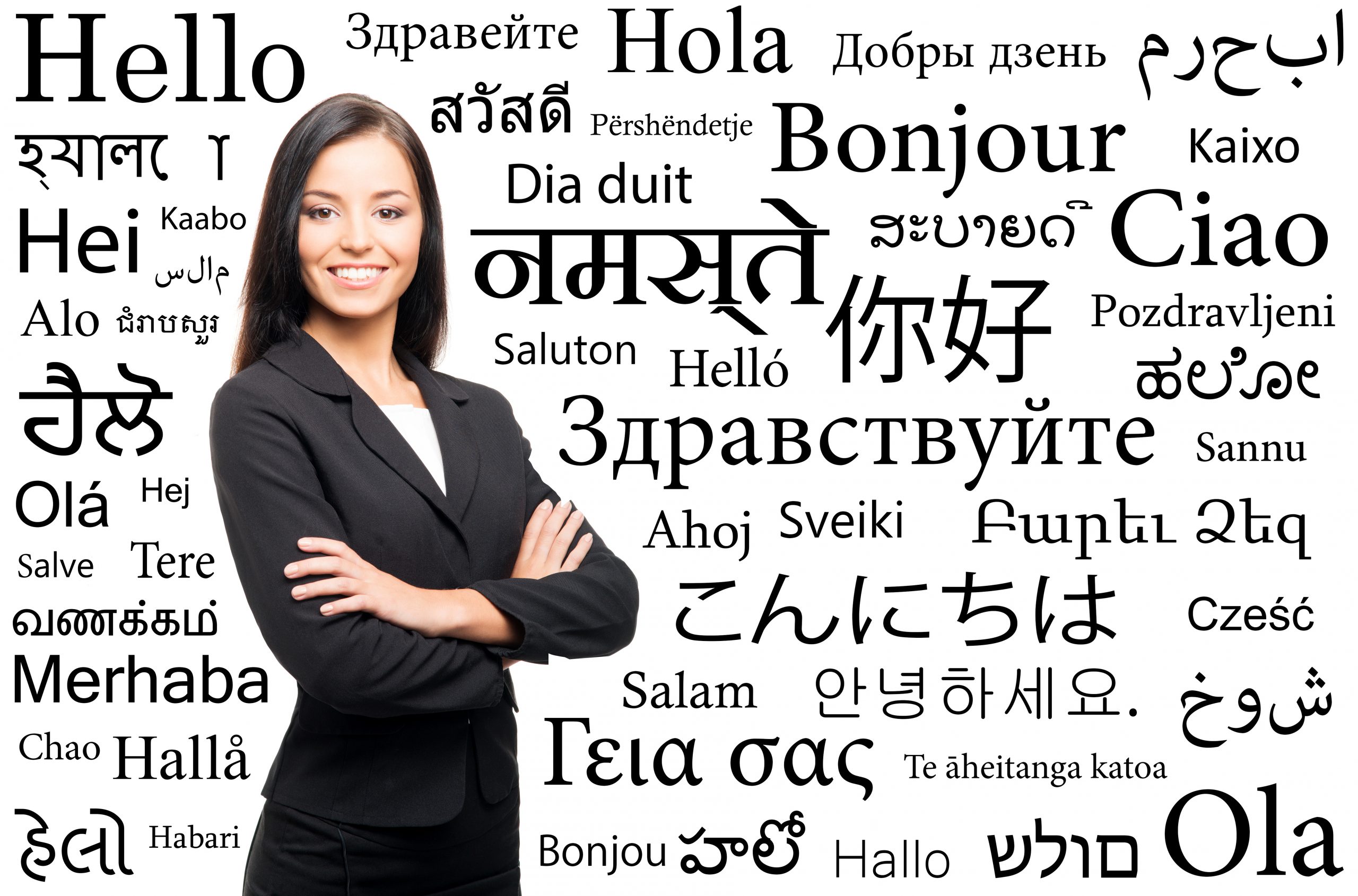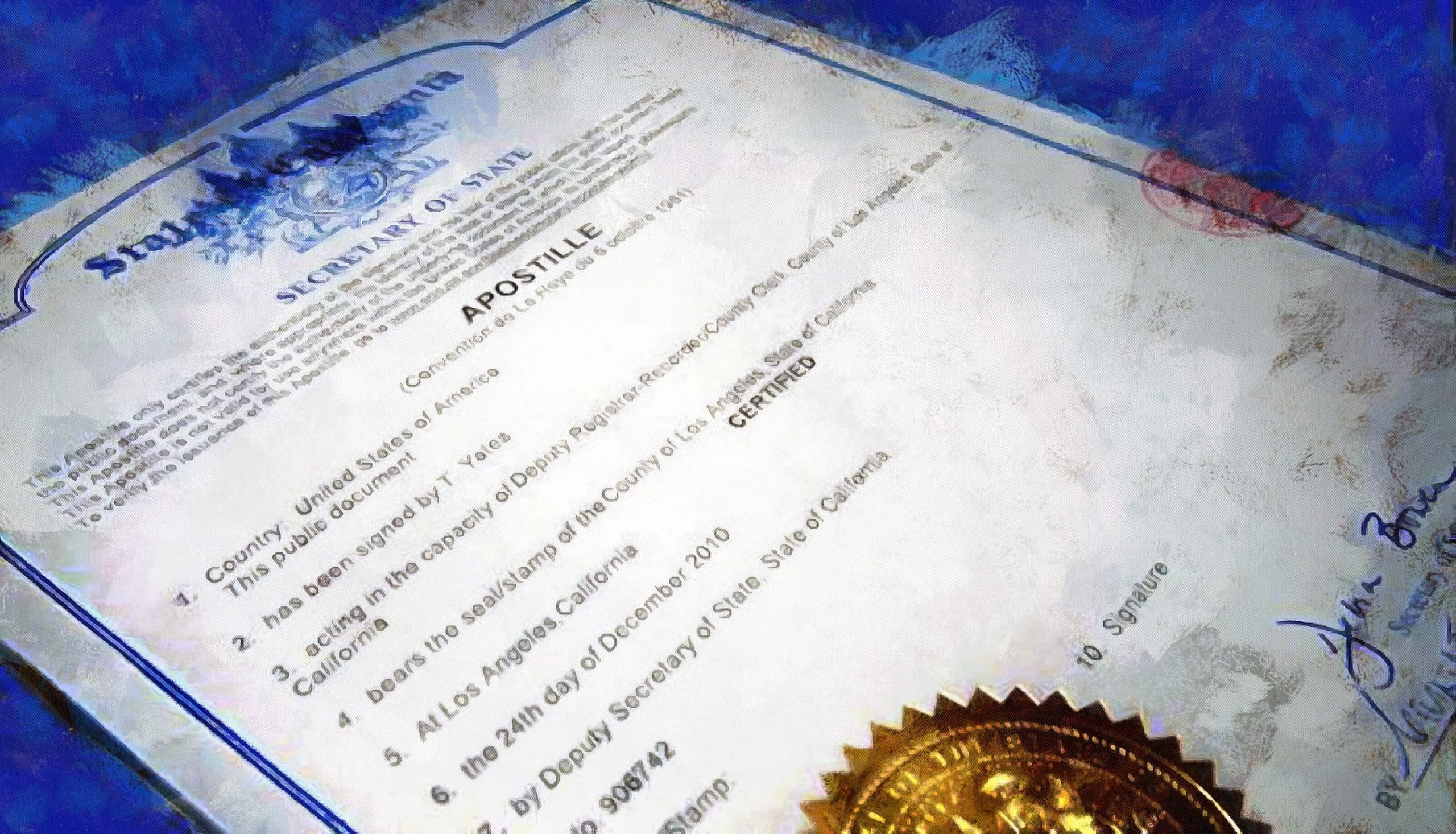The future of online translation https://lingvanex.com/translation/english-to-tagalog holds tremendous promise as advancements in artificial intelligence (AI) and other cutting-edge technologies continue to transform the way we communicate across languages. From more accurate and contextually-aware translations to seamless real-time interactions, the future of online translation is poised to revolutionize global communication. In this article, we will explore the potential developments and implications of AI and other emerging technologies on the future of online translation.
Enhanced Accuracy with AI:
AI-driven translation models, such as neural machine translation, have already shown significant improvements in accuracy compared to traditional rule-based systems. As AI continues to evolve, we can expect even more precise and contextually-aware translations, reducing errors and misinterpretations.
Real-Time Translation:
The future of online translation is likely to include real-time translation capabilities, enabling instant communication between speakers of different languages. AI-powered speech-to-text and text-to-speech technologies combined with advanced machine translation will facilitate seamless interactions, breaking down language barriers in real-world scenarios.
Multimodal Translation:
Future online translation systems may encompass multimodal translation, which involves translating not only text but also images, audio, and video content. This innovation will enable comprehensive cross-media communication, expanding the scope of online translation in various domains.
Customized Language Models:
AI advancements may lead to personalized language models that cater to individual users’ language preferences and writing styles. Customized translation models can deliver more tailored and natural-sounding translations, enhancing user experience.
Continuous Learning:
Online translation systems https://lingvanex.com/translation/english-to-japanese powered by AI are likely to engage in continuous learning, improving their performance over time. With access to vast amounts of multilingual data, these systems will adapt and evolve to provide more accurate and up-to-date translations.
Emotion and Intention Recognition:
Future AI-powered translation systems may incorporate emotion and intention recognition to better understand the context and tone of the content being translated. This would enable more emotionally intelligent translations, enhancing communication between users.
Integration with Augmented Reality (AR) and Virtual Reality (VR):
As AR and VR technologies become more prevalent, online translation may seamlessly integrate with these platforms, allowing users to view translated content in real-world scenarios or immersive virtual environments.
Increased Language Inclusivity:
AI-driven translation systems will likely expand to cover more languages, including those that are currently underrepresented in the translation landscape. This will promote language inclusivity and foster communication among diverse linguistic communities.
Cross-Cultural Communication Facilitation:
Future online translation tools may incorporate cultural adaptation capabilities, ensuring that translations are culturally sensitive and appropriate for different audiences. This will facilitate effective cross-cultural communication without inadvertently causing offense or misunderstanding.
Ethical Considerations:
With the growing reliance on AI, there will be an increased focus on ethical considerations in online translation. Ensuring fairness, transparency, and responsible use of AI in translation will be paramount to address potential biases and promote ethical communication practices.
The future of online translation holds exciting prospects with the integration of AI and other advanced technologies. From enhanced accuracy and real-time interactions to multimodal translation and personalized language models, these innovations will empower individuals and businesses to communicate effortlessly across language barriers. However, with the increasing capabilities of AI, ethical considerations and responsible use of these technologies will be crucial to ensure a future of online translation that is fair, inclusive, and beneficial to all.




